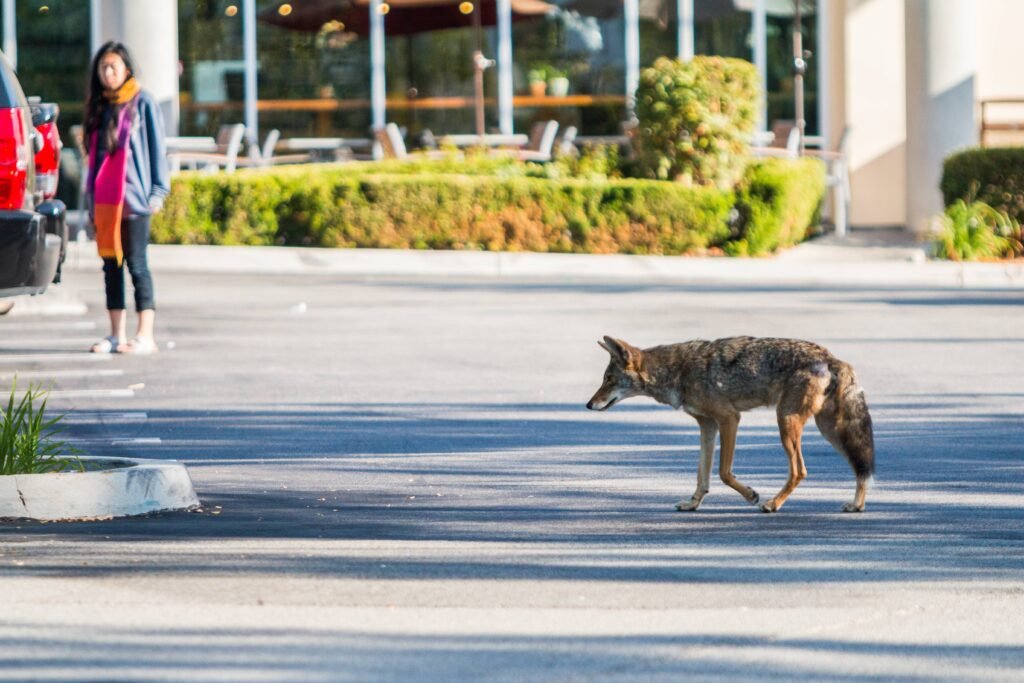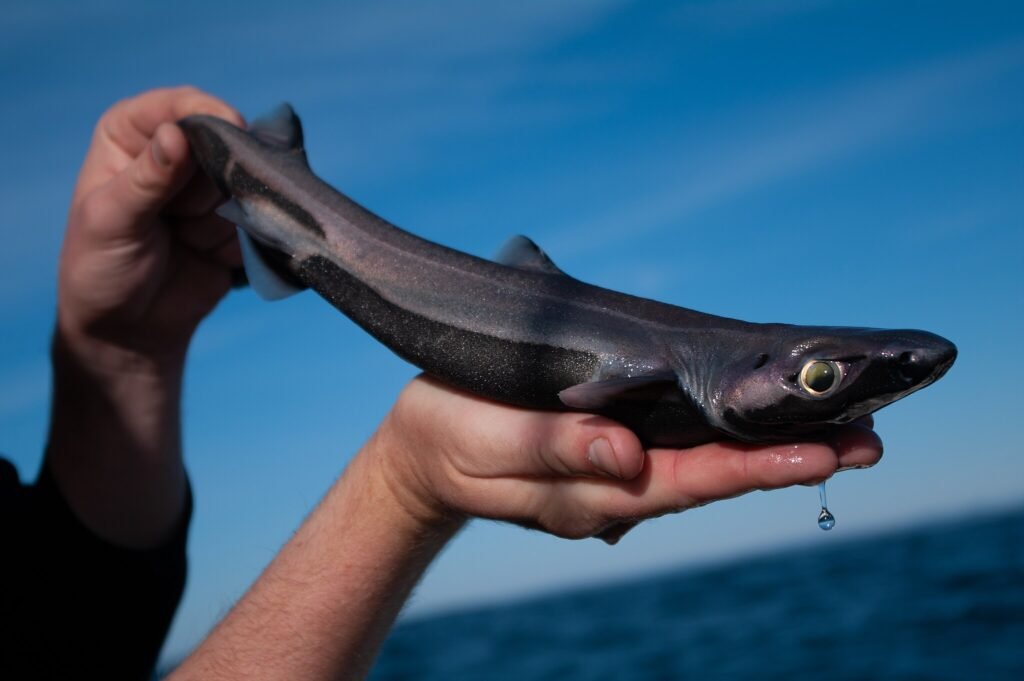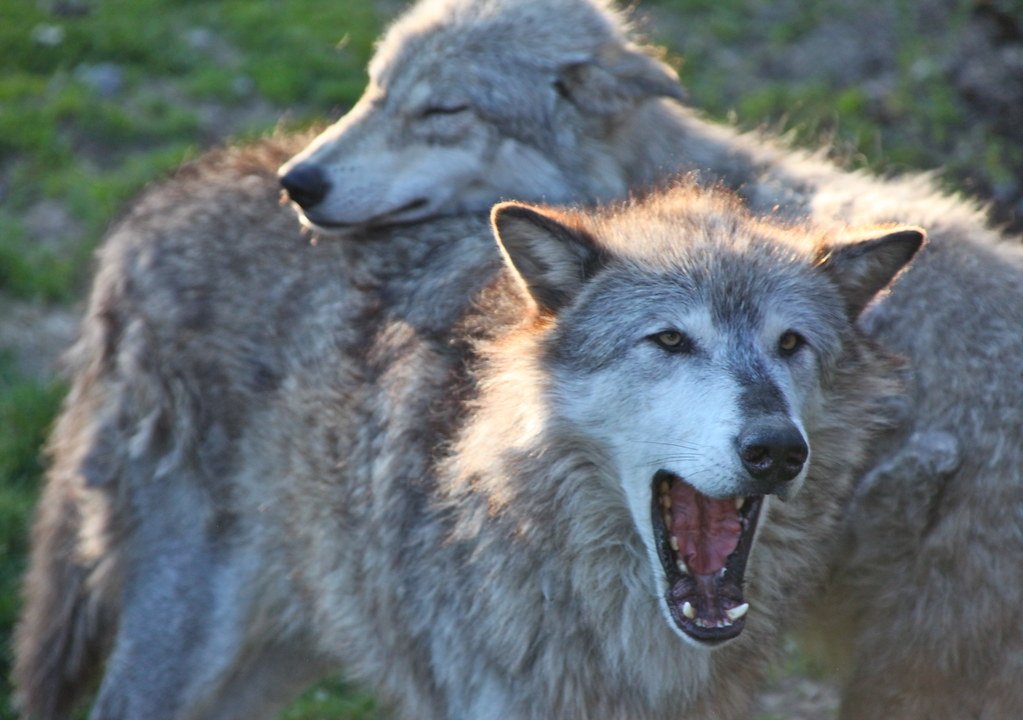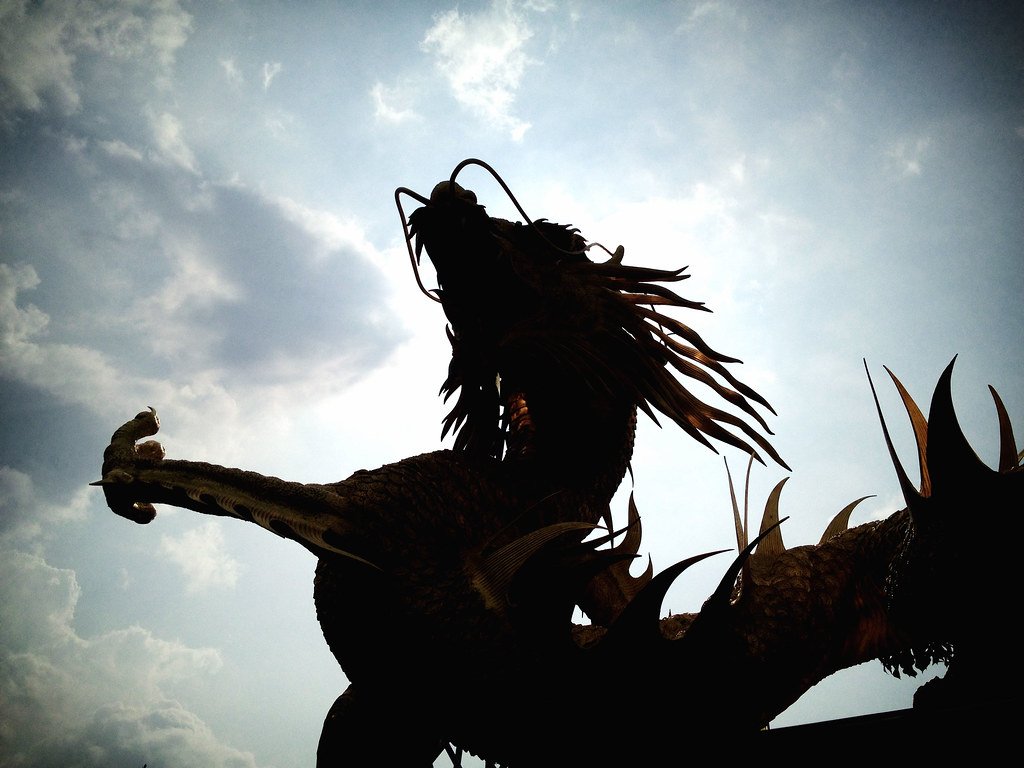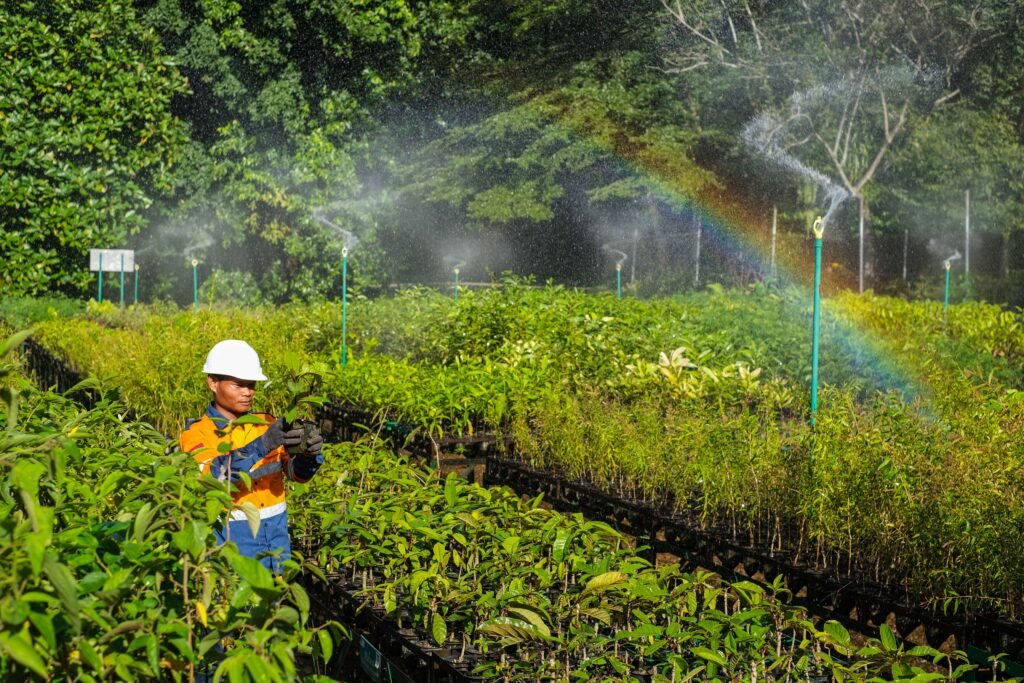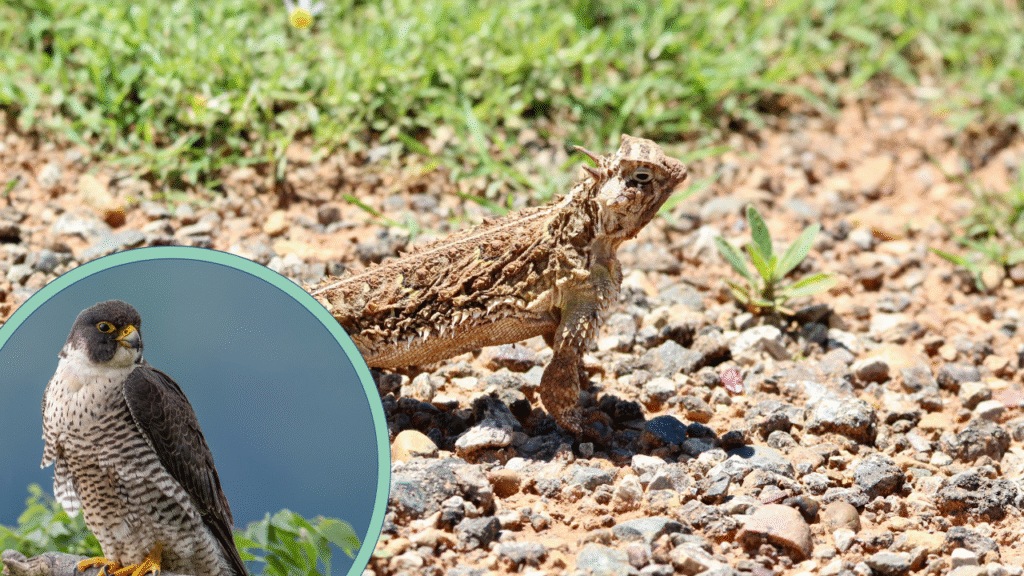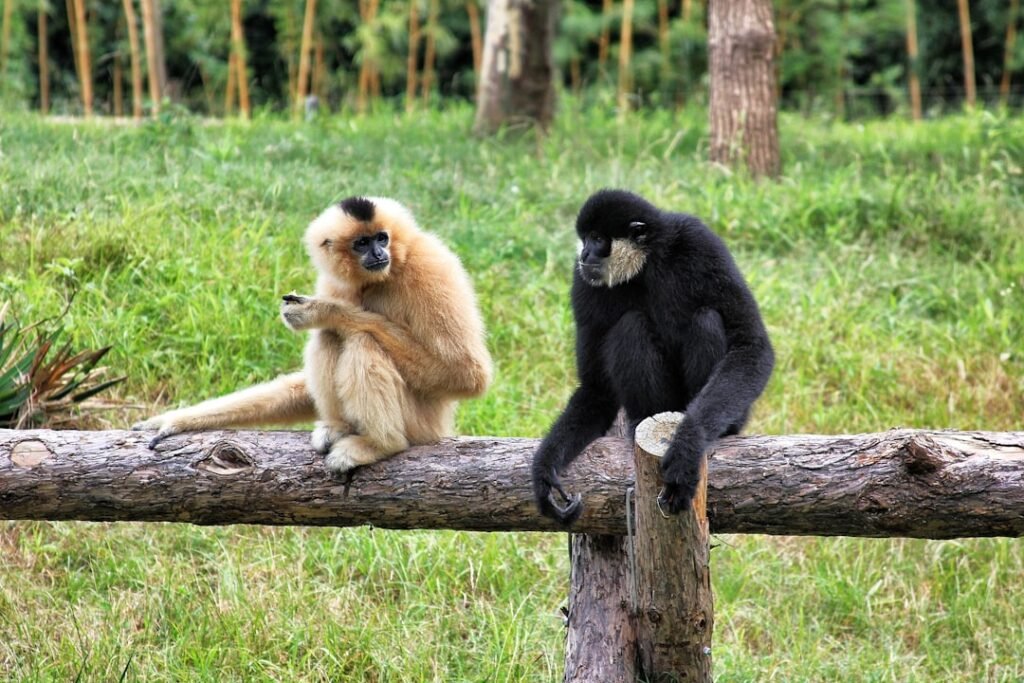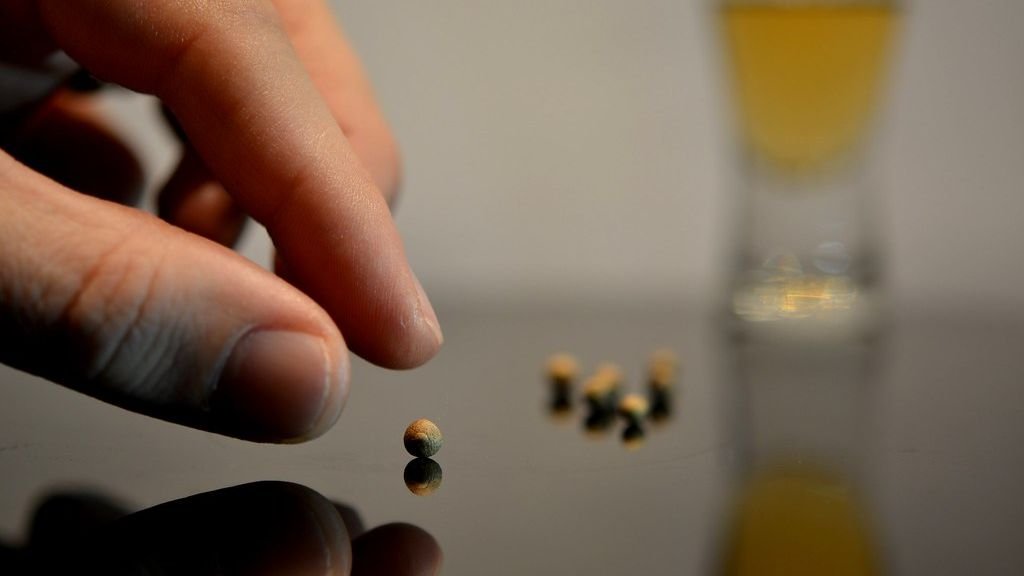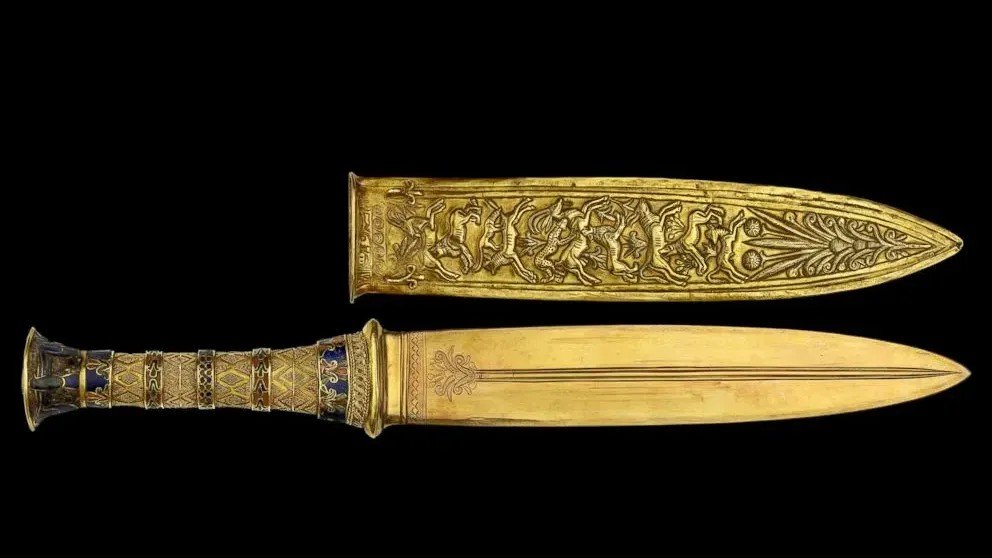Illinois Coyotes Adapt to Cities
The urban landscape of Illinois has become an unlikely home to one of North America’s most able predators. When most people picture wildlife in major metropolitan areas, they think of pigeons, squirrels, or maybe the occasional raccoon. But something fascinating has been unfolding right under our noses in places like Chicago – thousands of coyotes ...

